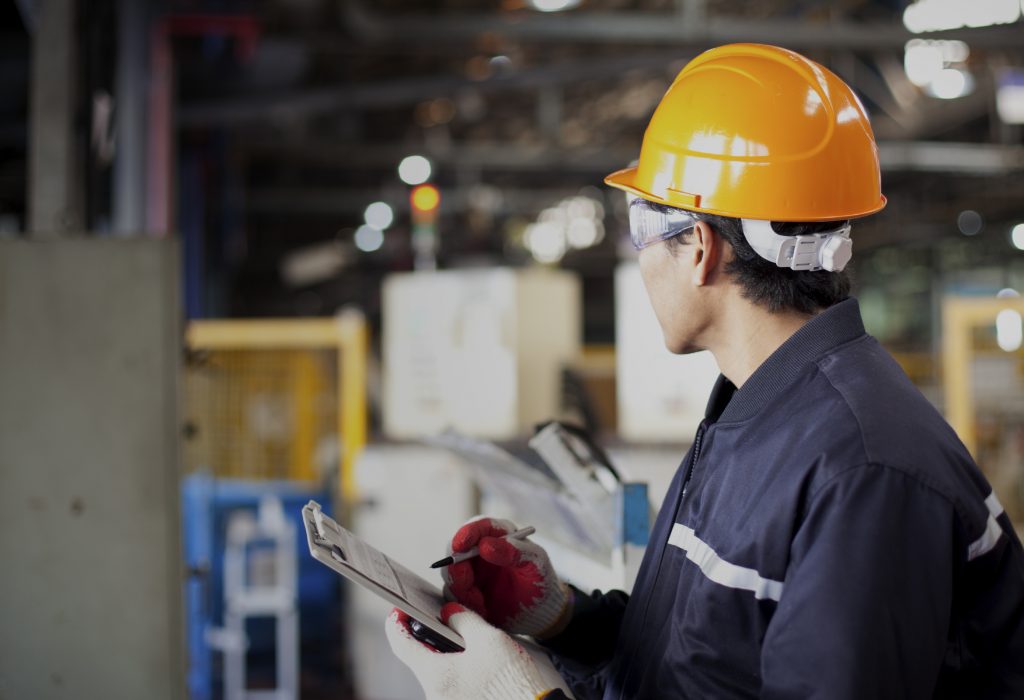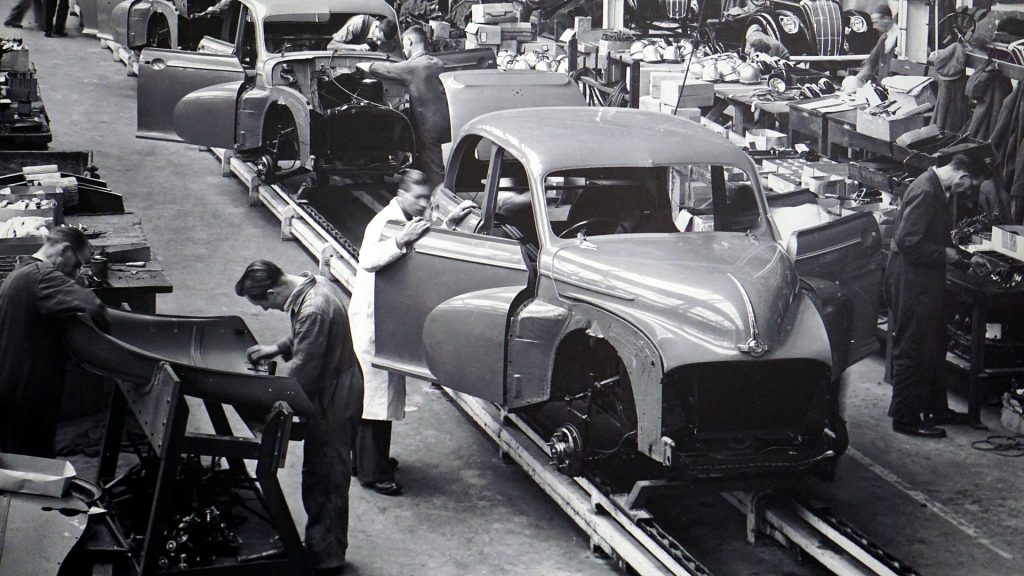Effortlessly increase your productivity by embracing automation. Technology will keep your facility relevant as demands change, too. You’ll be able to maintain better production and increased efficiency with more automatic processes. Consider these options you have for integrating more automation into your facility.
Integrate Artificial Intelligence
While you may associate artificial intelligence, or AI, with science fiction, it stands to become an integral part of manufacturing. AI automates mindless processes that today require non-skilled labor. But technology constantly improves the processors, enabling AI to potentially conduct even more advanced tasks around a facility.
Though AI could turn the tide in manufacturing toward a more future-focused, high-tech field, operators seem loath to embrace it. Among manufacturing executives, 92 percent believe AI will increase productivity. But only 12 percent of businesses currently use the technology. While many fear losing employees, AI could help rather than hurt. With the current job shortage in manufacturing, AI makes workers more efficient. It also does not cost jobs, as many think.
In countries where investments in robots and automation are higher, job losses are lower. Germany put more money into manufacturing robots than the U.S. from the early 1990s to the mid-2000s. Yet, that country lost only 19 percent of its manufacturing jobs, compared to a 33 percent drop in the U.S. In most cases, there is little correlation between automation and job losses in manufacturing.
Prevent Problems with Predictive Maintenance

In addition to conducting low-skilled tasks, automation may make your equipment more efficient. Predictive maintenance uses information about a piece of machinery’s use to determine when it needs repairs before it breaks. For instance, preventive maintenance could lengthen the life of an air compressor up to four years, saving thousands of dollars.
Automating preventive maintenance makes it more likely the chore gets done. Knowing when to conduct this maintenance relies on more than a schedule. Information about the machine’s wear, age and use all play roles in how often maintenance should occur. Software designed to collect and analyze this data makes the task much easier. The program can even notify maintenance crews when they must conduct repairs before failure occurs.
Preventive maintenance programs can make use of the wasted 72 percent of data collected in manufacturing facilities. Unlike humans, machines can analyze this information in seconds. Thanks to this data, the machines can increase the uptime of equipment, boosting efficiency and productivity.
Upgrade to Industry 4.0 and the Internet of Things
To enhance automation, you’ll need to embrace the Internet of Things, or IoT, which forms a basis of the next industrial revolution, Industry 4.0. What sets IoT apart from basic computer use, which marked the third Industrial Revolution, is connectivity. Interconnectivity relies on the intranet within a company and the greater Internet at large. By taking advantage of this connectivity, you’ll maximize the efficiency of automated machines.
The heart of connectivity lies in having the right equipment to send signals to and from equipment. Constant, secure connectivity is vital to having an Industry 4.0 facility. Saving on routers for supporting your facility requires investing in the right type. Software-defined WAN routers could save you up to 80 percent on WAN costs. Research this and other router options to determine the one to best work with the architecture of your system. You cannot have a connected facility without routers.
A potential side of this connectivity lies in its predictive nature. Indiana University researchers found algorithms could successfully predict trends in the stock market through Twitter posts. This same technology could allow connected facilities to predict the latest consumer trends and change production to meet the demand as soon as it hits the market. That reduces production of excess inventory, increasing efficiency.
Improve Productivity With Automation

Productivity in your facility starts with automation. Some robots are designed to work with people, which preserves jobs and reduces wear on employees. Automation also makes dangerous tasks safer for workers who can turn the jobs over to machines. While automation eases the jobs employees do, it also requires some considerations.
Thanks to the higher technology, employees must have more skills to operate the new machines. But, currently, potential employees lack these skills. In California, computer jobs outnumbered graduates by three to one. Consider investing in local training programs or offering on-the-job training for your new hires and current employees to help them adapt to the technology. In the future, you’ll need to hire more technically savvy employees.
Robots don’t need breaks and can work 24/7. Thanks to predictive maintenance, you’ll also reduce downtime from breakdowns of any machinery in your facility. The Internet of Things can send a message to your maintenance crew wherever they are when they need to repair or maintain machinery. If software needs updating, your IT personnel can do it remotely, thanks to IoT. Your facility will be more efficient when you automate production.
The Future of Manufacturing
The future of manufacturing lies in automating your facility, which will increase productivity while it benefits your employees. As more companies adopt this technology, the higher efficiency will become expected. Investing in automation will help your facility become as efficient as possible while remaining competitive in the future manufacturing field.
